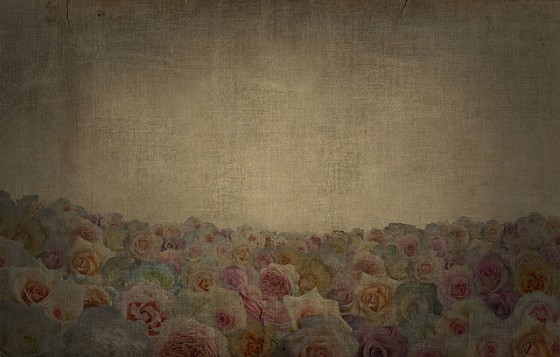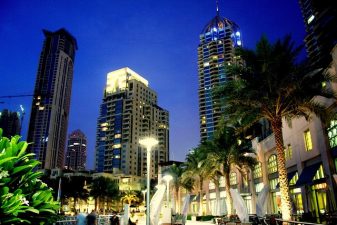 Before you pick up your sweetheart’s flowers this years, check first to find out where they come from.
Before you pick up your sweetheart’s flowers this years, check first to find out where they come from.
Only one month before Valentine’s day, when thousands of women are expected to swoon over after a last minute pitch to be romantic, Egypt will host the world’s leading flower producers at a three day long exhibition.
Almasry Alyoum reports that flowers create numerous jobs and that tens of thousands of visitors to the show are expected. But what they failed to mention is the extraordinary cost – environmental and social – decorative flowers often represent.
From January 12-15, many of the world’s leading flower exporters will congregate in Egypt. It is said to be one of the largest events of its kind.
One of the countries named by the paper as a leading producer, Kenya, produces a large majority of its roses on the shores of Lake Naivasha. The 500,000 people who moved to the region looking for work with the flower farmers mostly live in abject poverty, given the lack of infrastructure and appalling low wages.
And biologically, the lake that provides water to keep the floral industry alive, is a dying lake. With more extractions than it can handle and the influx of pesticides from both flower farmers and subsistence farmers in the catchment, it has been under pressure for years.
It is a Ramsar protected wetland but until recently, the Kenyan government has paid little more than lip service to the task of keeping the lake alive.
The Netherlands are also sited as among the greatest flower exporters. European Union environmental standards are typically much more stringent than in Africa, but it should be noted that many of the flower farmers in Kenya are Dutch.
Head of the Union of Producers and Exporters of Horticultural Crops (UPEC), Medhat al-Meligy, explained to the paper that the cut flower industry provides job opportunities and an economic boost.
Other flowers will be on show also, including orchids, tulips, and carnations.
But before buying your guilty bunch, find out where your valentine’s favorite flowers come from. Because it isn’t romantic if it isn’t fair and sustainable.
More on flowers and agriculture in the Middle East:
The Greenhouse That Grows Kids Into Hothouse Flowers
Recipe: Almond Blossom Liqueur
image via ZebraMule



